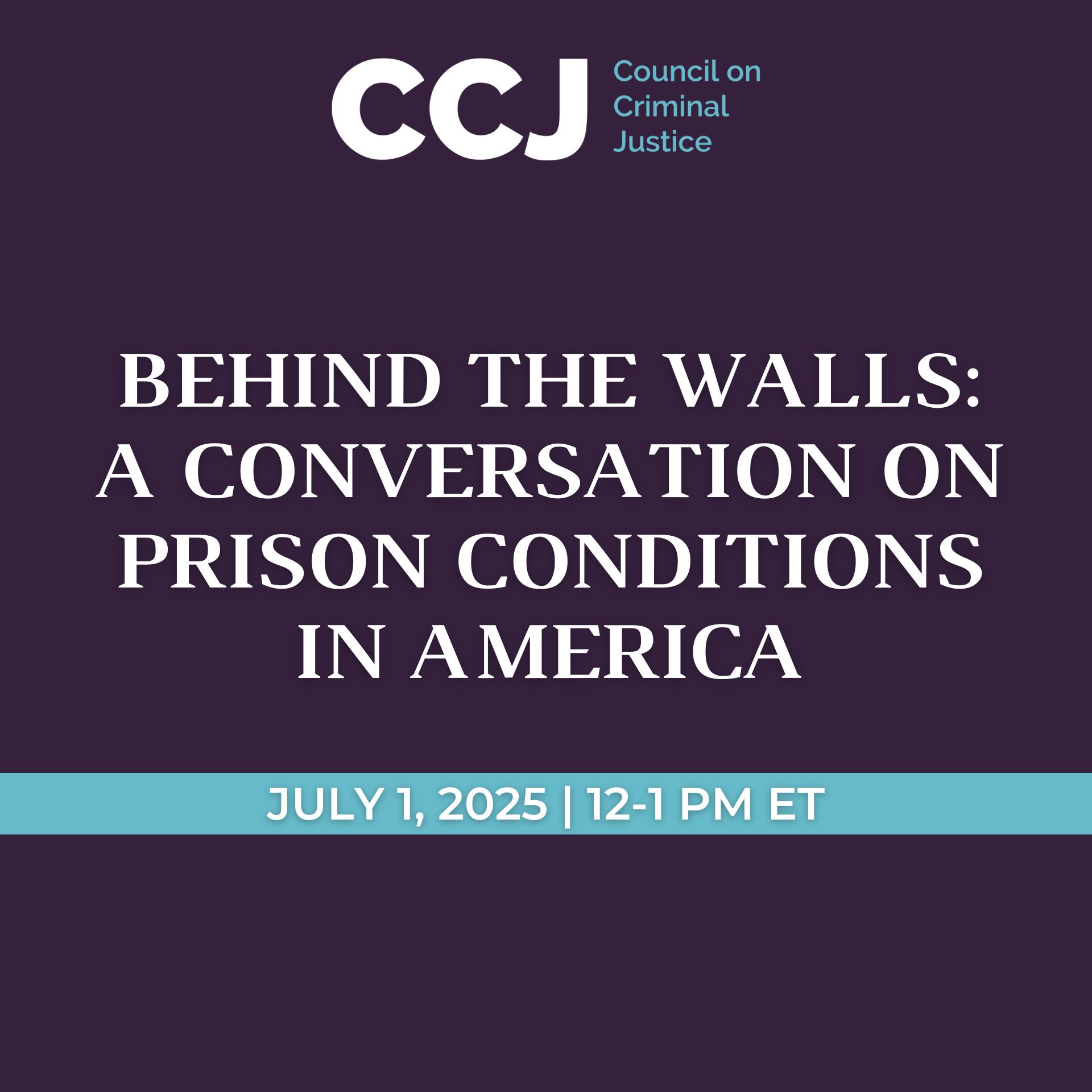CCJ’s Veterans Justice Commission today released a policy roadmap that encourages states and the federal government to expand alternatives to prosecution and incarceration for justice-involved veterans.
Veterans encountering the criminal justice system confront a patchwork of interventions designed to help them, but these programs vary substantially across jurisdictions, and many of those in need fall through the cracks. Just 14% of counties operate a Veterans Treatment Court, and eligibility requirements for such courts exclude many veterans.
“People who have served this nation in our armed forces have sacrificed to protect us,” the Commission said. “It is time to better recognize that sacrifice and take steps to ensure that our veterans are not lost in our prisons and jails, but instead receive interventions that can help them resume their responsibilities to their families, their communities, and their country.”
Roughly 200,000 active-duty service members leave the armed forces each year, and while most transition successfully, many struggle with mental health and substance use disorders, the effects of traumatic brain injury, homelessness, and criminality. One in three veterans report having been arrested and booked into jail at least once.
Veterans who become incarcerated lose access to health care from the Department of Veterans Affairs (VA), which prevents them from receiving the specialized treatment they need to address PTSD or other challenges. The suicide rate for veterans is approximately 1.5 times higher than the rate among the general population, and it’s especially high for veterans leaving incarceration.
The policy framework outlines alternative sentencing options that not only recognize veterans’ service, but also that their criminal behavior may have been influenced by that service. The options, which include expanded use of pretrial supervision and probation in lieu of a record of conviction or incarceration, are grounded in evidence-based practices used in problem-solving courts and community supervision. The Commission said jurisdictions should pass laws enabling veterans whose cases are processed through such options to file for record expungement.
“We are prosecuting and imprisoning veterans while denying them the care and consideration they need and deserve—despite the fact that their criminal justice involvement is often due, at least in part, to their willingness to fight for their country,” Commission Chair and former U.S. Defense Secretary Chuck Hagel said. “As a result, we are not only doing a disservice to veterans, but also jeopardizing the safety of the public they once fought to protect.”
Based on the policy framework, the American Legislative Exchange Council (ALEC) in August adopted as model policy the Veterans Justice Act. This version of the framework will be shared with state legislatures as a blueprint for action on the issue.
CCJ launched the Veterans Justice Commission in August 2022 to assess the extent and nature of veterans’ justice-system involvement, the adequacy of support for service members as they return home, and the effectiveness of the system response when veterans break the law. In addition to Hagel, Commission members include former Defense Secretary and White House Chief of Staff Leon Panetta, a former Sergeant Major of the Marine Corps, the chief justice of the Georgia Supreme Court, two formerly incarcerated veterans, and other top military, veterans, and criminal justice leaders.
The policy framework reflects an initial set of recommendations released by the Commission in March. Additional recommendations targeting veterans’ transition from service to civilian life will be forthcoming early next year.



